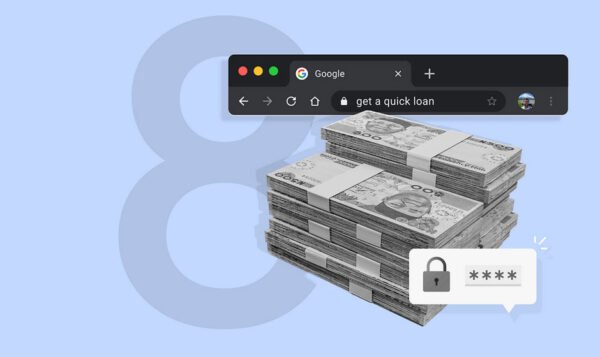How to Reduce Your Credit Card Debt

You have to admit it: you have credit card debt. It’s been growing over the months, and now you think it’s gotten out of hand. You need to tackle it before it gets worse, but you’re not exactly sure how.
These are some tips that’ll help you reduce your credit card debt this year.
Use a Balance Transfer Card
A balance transfer card will have a 0% interest rate for a limited amount of time (this is sometimes called the introductory period). If you transfer your current credit card’s balance onto a balance transfer card, you won’t have to worry about compounding interest.
You’ll have an easier time whittling down your debt because you’ll only have to focus on that original balance. It won’t grow over time. However, this advantage is only available when the introductory period is in effect. This could be 12 months or more. Once it expires, your balance will accumulate interest. So, you will want to repay as much as you can in that timeline.
Follow a Budget
If you’re not following a personal budget already, you need to change that as soon as possible. A personal budget will give you clear spending guidelines throughout the month so that you don’t live outside of your means. It will also help you stick to certain financial goals, like saving up for an emergency fund or paying down your credit cards.
Make a Payment Plan
Look at a credit card debt calculator to get estimates of how long your current payments will take to eliminate your card’s debt. If you’re paying the minimum amount every month, this could be an incredibly long time. Use the calculator and your personal budget to see how much you can afford to put toward repayments. The more you can put down, the faster the repayment process will be complete.
Automate Your Payments
To guarantee that those payments are being put towards your credit debt every single month, automate them through your online bank account. That way, you can rest assured that you’re actually chipping away at the debt load over time.
If you don’t want to automate payments, you should set up reminders on your calendar apps to go through with these payments. Be sure to do this before the credit card’s bill is due. This will help you take advantage of the card’s grace period and avoid a late fee.
Why Should You Reduce Your Credit Card Debt?
Emergency Expenses
A credit card can be a useful safety net for emergency expenses. If you don’t have enough savings on hand to cover an emergency expense, you could charge it to your credit card and pay down the balance afterward. But this is only an option when your credit card isn’t too full.
With a full credit card, you may have to consider other borrowing options to resolve your emergency. You might want to look into personal line of credit providers or direct loan lenders online for help. With an approved personal line of credit or loan, you could use temporary funds to cover your urgent expense in a short amount of time.
The main problem with choosing a borrowing option like a line of credit is that you will have to follow a repayment plan afterward. That will only add to your debt load.
Credit Score
The higher your credit utilization is, the more of an impact you can make on your credit score. So, if you reduce the outstanding credit card debt, you could see a positive change in your credit score over time, which will affect your likelihood of getting approved for loans in the future.
You don’t have to panic anytime that you look at your credit card statements. You can follow these tips and tackle that debt load for good.



